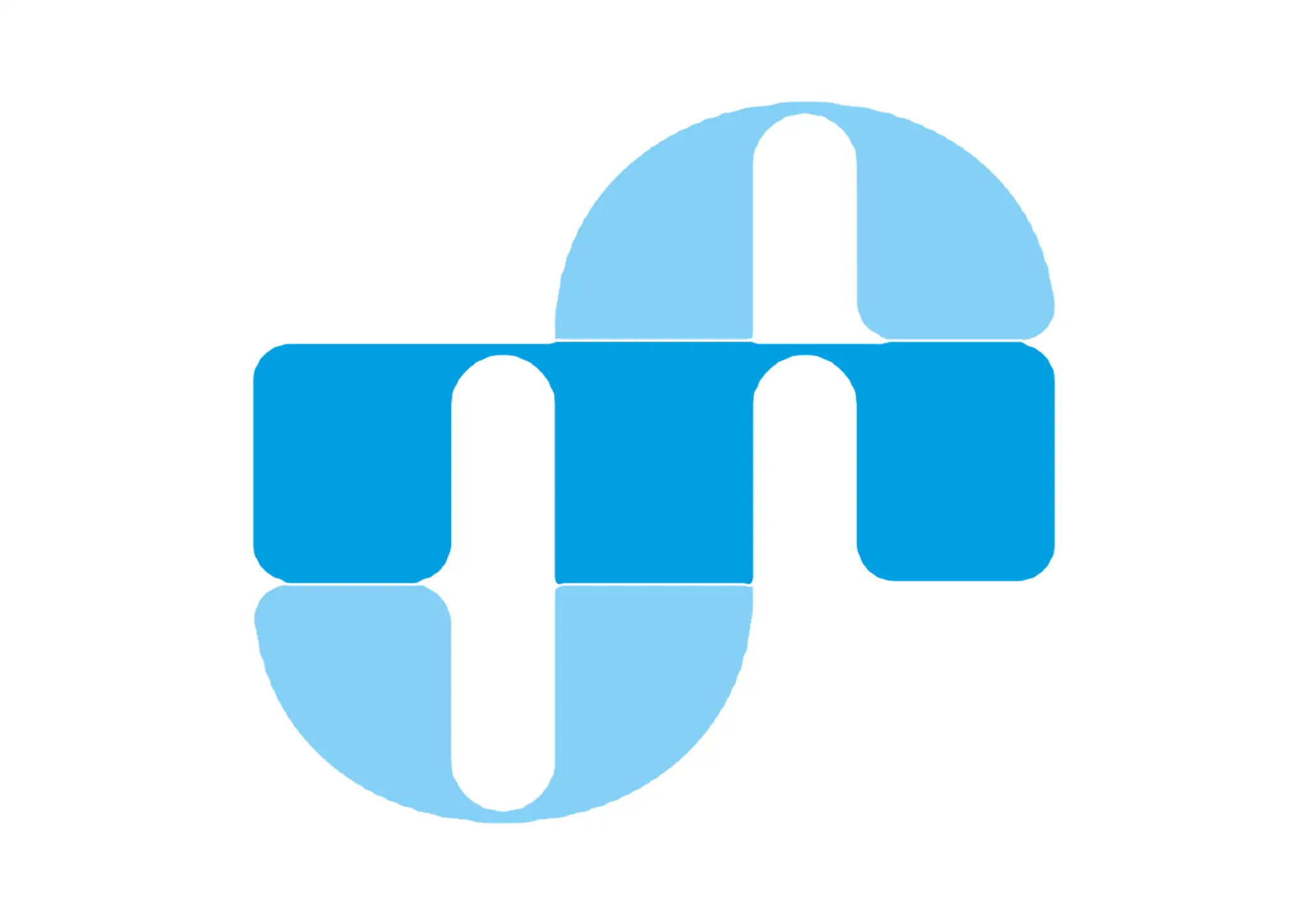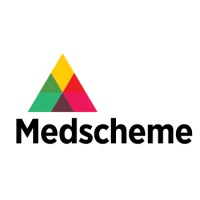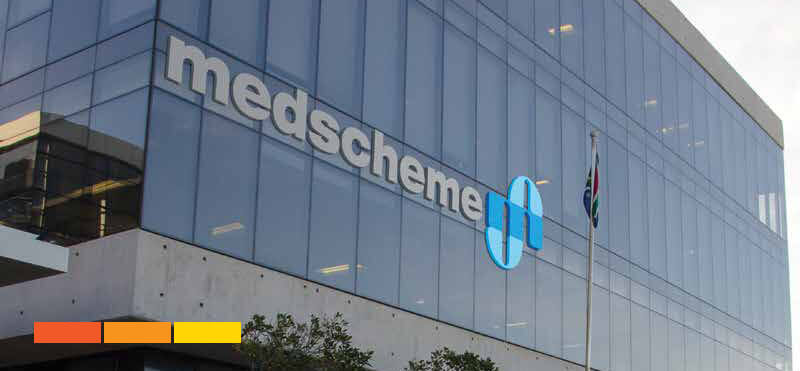Does your medical aid provide sufficient cover for inpatient addiction treatment including medically supervised detox and necessary rehabilitation days?
Medical Aid Coverage For Inpatient Addiction Treatment

Admitting yourself to addiction treatment is taking the first step in recovery and towards a healthier lifestyle. Luckily, Medsheme Medical Aid covers up to 21 days of inpatient rehab treatment, including a 3-day medically supervised detoxification per year, running from January to January.
Medscheme Medical Aid offers its members extensive support, ensuring they get the support and care that they need with comprehensive coverage for their substance use disorders.
At Changes Addiction Rehab, we have partnered with Medscheme Medical Aid to ensure their clients receive treatment at our facility. This informative article will discuss what members can expect from their plans regarding coverage, benefits, limitations and exclusions.
The Role Of Medical Aid In Addiction Treatment
Medical Aid plays a crucial role in the treatment of substance use disorders. Medscheme Medical Aid understands that addiction is considered a chronic brain disease and, if left untreated, can lead to fatal consequences. They offer a variety of plans to suit their members’ diverse needs and budgets, making medical aid financially accessible.
Luckily, Mudscheme Medical Aid is legally obligated to cover substance use disorder treatment as it falls under the prescribed minimum benefits (PMBs); this means that all plans cover up to 21 days of inpatient rehab treatment, including a 3-day medically supervised detoxification.
Treatments Covered By Medscheme Medical Aid
Medsheme Medical Aid provides comprehensive addiction treatment coverage to its members.
Inpatient vs Outpatient
Drug and alcohol rehab treatment is covered for up to 21 days, including a 3-day medically supervised detoxification. Drug rehab is the most intensive phase of treatment, where individuals will undergo intensive therapy for their substance use disorders.
At Changes Addiction Rehab, we have a multidisciplinary team that includes a Psychiatrist, Psychologists, Occupational Therapists, Social Workers, Registered Counsellors, Addiction Counsellors, Medical Doctors, and Nurses who work together to ensure that our patients get the quality treatment they need to sustain long-term recovery.
Our outpatient rehab program serves as a transitionary phase of treatment; it is suitable for individuals who do not need constant supervision but need continuous care.
Medsheme Medical Aid covers individual counselling and group therapy, which are available in inpatient and outpatient treatment phases at our substance abuse treatment facility.

Individual Counselling
Individual counselling is a pivotal part of the therapeutic process at substance use disorder treatment facilities; it helps treat substance use disorders and co-occurring disorders.
Our highly skilled multidisciplinary team at Changes has years of experience treating co-occurring disorders.
Such disorders include:
- Anxiety
- Depression
- Bipolar
- Mood Disorders
- ADHD/ADD
- Schizophrenia
Group Therapy
The therapeutic process behind group therapy is integral in drug rehab treatment facilities. Individuals learn practical interpersonal skills and can relate with their community through shared experiences of their addiction.
Addiction is inherently isolating, and group therapy is essential to fostering a sense of belonging and community.
At our facility, we understand the devastating effect this has on an individual and have incorporated group therapy sessions into our daily program.
Luckily, Medscheme Medical Aid covers group therapy sessions offered in the Inpatient and outpatient phases of drug rehab treatment.

Eligibility Criteria For Coverage
Medscheme Medical Aid offers its members comprehensive coverage for substance use disorder treatment; however, specific criteria must be met.
Membership Verification Procedure
To be eligible for coverage, members must ensure that their payments are up-to-date and that no payments have lapsed; coverage will not be granted if a payment is outstanding.
Additionally, members must ensure that their credentials and personal information are current.
Limitations And Exclusions
While Medscheme Medical aid offers its members generous benefits for their substance use disorders, they are subjected to certain limitations.
The 21 days of inpatient drug and alcohol rehab treatment is set to an annual limit and may only be covered up to a certain amount, meaning that members may be liable to a co-payment upon admission.
Lastly, Medscheme Medical Aid does not cover treatments that are not deemed medically necessary or alternative methods of therapy.
Claims Process For Medscheme
Claiming from Medscheme Medical Aid requires gathering the necessary documentation and submitting it through specific steps provided by Medsheme; it is crucial to follow the steps sequentially to ensure the claim is approved.
Required Documentation
Members must submit the correct documentation to claim addiction treatment expenses. This includes proof of diagnosis, supporting invoices and receipts, and doctors’ scripts.
Members must submit all their documentation with a completed claims form provided by Medscheme Medical Aid, sent through their online portal.

Process Of Admissions
To be admitted into Changes Addiction Rehab is a quick and easy process. You call our admissions department, and we will guide you through the pre-authorisation process and give you all the necessary information regarding our treatment facility and what your medical aid plan will cover.
We will complete the pre-authorisation process on your behalf, alleviating any unnecessary stress you may be experiencing. We will provide Medscheme Medical Aid with your addiction’s ICD-10 codes, any relevant documentation, and our facility practice numbers.
Medscheme Medical Aid aims to provide its members with quality treatment for their substance use disorders, offering up to 21 days of inpatient rehab treatment, including a 3-day medically supervised detox annually. Moreover, members can claim individual counselling and group therapy sessions.
At Changes Addiction Rehab, the welfare of our patients is our top priority, and our multidisciplinary team works around the clock to ensure their needs are met.
Does Medscheme Medical Aid Cover Inpatient Rehab Treatment?
Yes, Medscheme Medical Aid covers up to 21 days of inpatient drug rehab, including a 3-day medically supervised detox.
Does Medscheme Medical Aid Cover Secondary Treatment?
No, Medscheme Medical Aid does not cover secondary treatment. Members will be liable to pay out-of-pocket.
Can Members Access Out-Of-Network Addiction Treatment With Medscheme Medical Aid Coverage?
Yes, but access may be limited. To avoid hidden costs, coverage for treatments should be confirmed with Medscheme Medical Aid.
Does Medscheme cover inpatient addiction treatment and detox?
Yes. Medscheme covers inpatient rehabilitation for substance abuse under its hospital/mental health benefits, including detoxification, subject to plan limits and rules.
What outpatient or therapy benefits does Medscheme provide for addiction?
Medscheme may cover outpatient counselling, therapy sessions, and psychiatric care, depending on your specific plan and whether you use approved providers.
Is pre-authorisation required for rehab treatment with Medscheme?
Yes. Pre-authorisation is required. You’ll need changes rehab to supply practice numbers and ICD-10 codes to support your admission request and claims.






